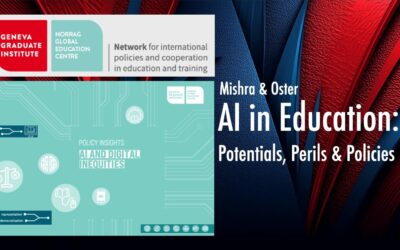There is a somewhat troubling story in NYTimes a couple of days ago: (If You Run a Red Light, Will Everyone Know?) about CriminalSearches.com, a free service that lets people search by name through criminal archives of all 50 states and 3,500 counties in the United States! This is part of a growing trend of how technology removes / erodes people’s privacy. The creators of the system argue that they are doing nothing wrong, and that this information was always available anyway. “We are just trying to provide what’s already out there in an easier fashion, for free,” Mr. Lane said. “We think it’s pretty helpful to families.” However the potential for misuse is huge.
An important weakness is that the data at some level is inconsistent and suspect. Not the least because jurisdictions vary a great deal in what they records they maintain. Some track traffic violations while others do not. Moreover there are many errors in these databases as well and already some evidence that freely available information (that was once much harder to obtain) has been used in illegal ways. For instance,
A recent investigation at the Justice Department demonstrates how once-obscure, now easily accessible public information can be abused in egregious ways. The investigative report by the department’s inspector general and internal ethics office said government lawyers mined sites like Tray.com and OpenSecrets.org, which report on individual political contributions, to discover political affiliations of job candidates.
If you find all this more than a bit scary, that’s not surprising. But welcome to this new world of information – a world where information that was hard to get at is now easily available. The NYTimes article reminded me of two phrases that can help us understand the change that is occurring here, and these are “practical obscurity” v.s. “ambient findability” (a term popularized by findability expert Peter Morville, and introduced to me by Leigh Wolf).
As the article says, “Academics have a term for the old inaccessibility of records like those for criminal convictions: ‘practical obscurity.’ Once upon a time, people in search of this data had to hire private investigators to navigate byzantine courthouses and rudimentary filing or computer systems, and to deal with often grim-faced legal clerks… In a way, the obstacles to getting criminal information maintained a valuable, ignorance-fueled civil peace. Convicts could start fresh after serving their time without strangers knowing their pasts, and there was little risk that unsophisticated researchers could confuse people with identical names.”
This idea of “practical obscurity” is increasingly being replaced by the idea of “ambient findability” which Peter Morville, describes as “a world at the crossroads of ubiquitous computing and the Internet in which we can find anyone or anything from anywhere at anytime.”
Practical obscurity v.s. Ambient findability… Hmmm…


0 Comments